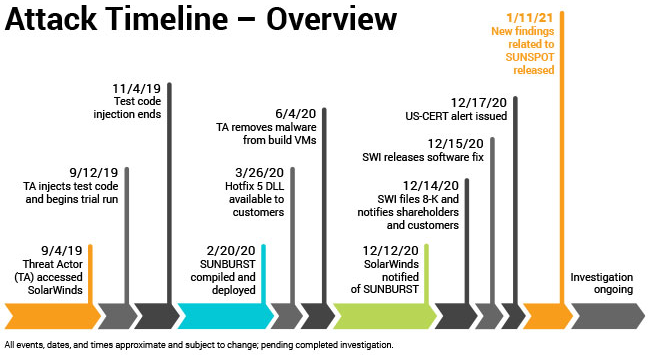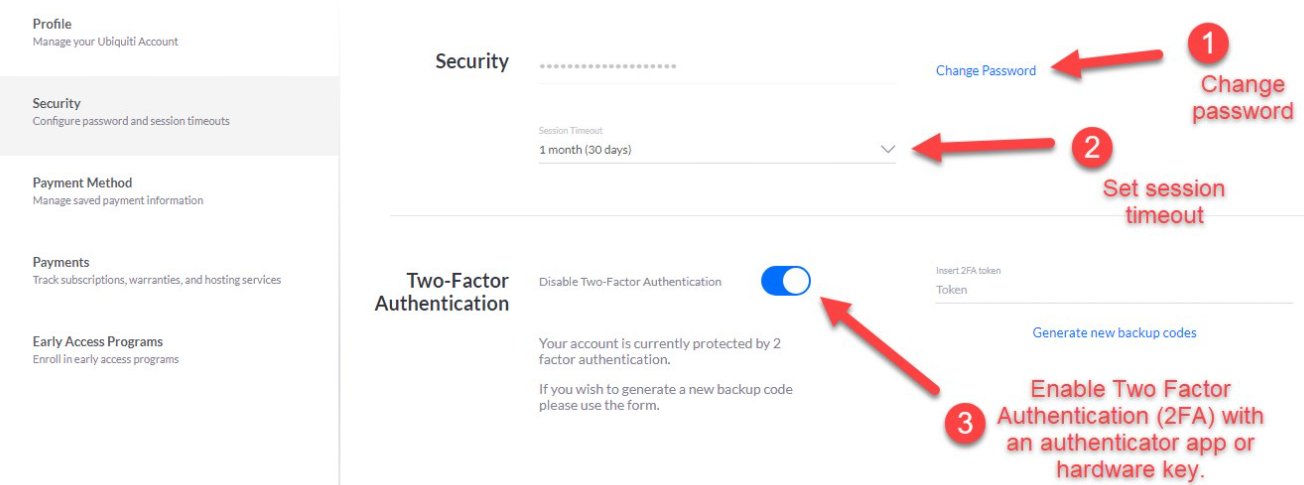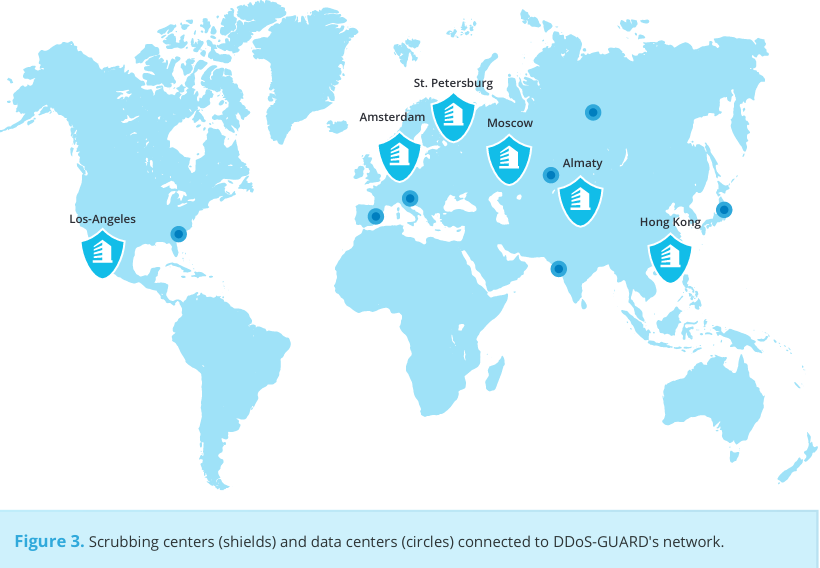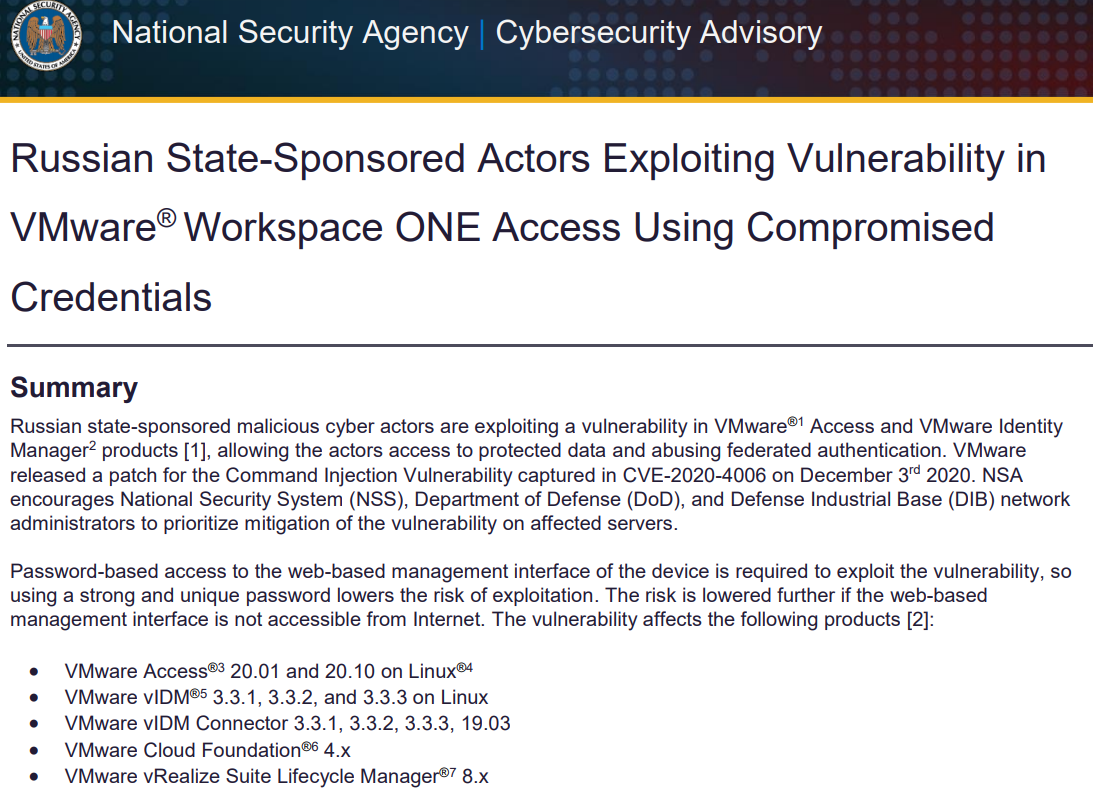Microsoft Patch Tuesday, January 2021 Edition
Microsoft today released updates to plug more than 80 security holes in its Windows operating systems and other software, including one that is actively being exploited and another which was disclosed prior to today. Ten of the flaws earned Microsoft’s most-dire “critical” rating, meaning they could be exploited by malware or miscreants to seize remote control over unpatched systems with little or no interaction from Windows users.













